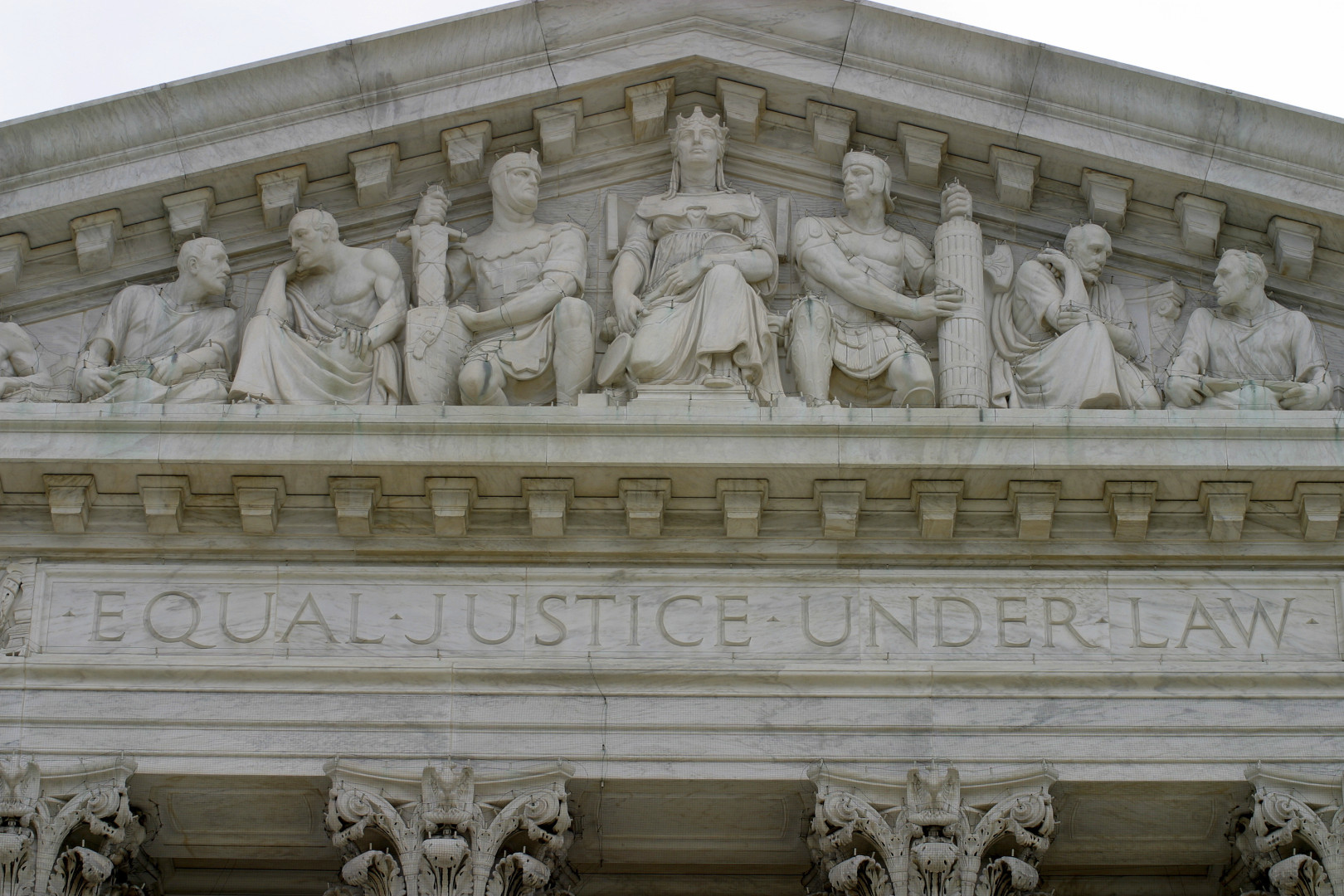On Wednesday, oral arguments commence in a Supreme Court case that could decide the fate of the Affordable Care Act. And the lead-up to King v. Burwell, the second suit against the ACA that could be decided by the Supreme Court, has seemed like the final days of a campaign, with both camps heavily pushing their messages ahead of the decision.
Republicans demand that the White House show its cards: what happens if the court rules that the federal government cannot distribute insurance subsidies through federal exchanges? The Obama administration has repeatedly said there can be no planning for such an outcome.
The posturing of pundits and politicians, of course, shouldn’t have any bearing on the court’s decision. Ideally, the justices would deliberate and decide in a vacuum.
“But they don’t operate in a vacuum,” said Ilya Shapiro, a constitutional law expert at the libertarian Cato Institute, “and they aren’t stupid people.”
Shapiro said it’s hard to determine if and when the court’s vote is influenced by the politics of the moment. For example, after the court first upheld the ACA in 2012, many speculated that Chief Justice John Roberts was tending to his legacy by preserving the law.
Lucas Powe, a Supreme Court historian and professor of government at the University of Texas-Austin’s School of Law, said Roberts was less minding his legacy and more defending the court’s reputation as an impartial actor.
“What he was thinking of was the court’s legacy,” he said. “I mean, Bush v. Gore, Citizens United, then knock down Obamacare? That would be hell of a trifecta. And all pointing one way.”
While justices may be swayed by external factors, Powe said, he doubts public opinion is one of them.
“I just don’t think you can influence the Supreme Court justices,” Powe said. “These are highly accomplished individuals who are at the absolute peak of their professions. They have life tenure, and they’re going do what they want to do.”
Stephen Wermiel, professor of law at American University’s Washington College of Law, said he can’t imagine the justices not being affected by the din of public opinion – the extent to which that factors into their decision, though, is another story.
“This case has the potential effect of striking down the entire plan as a practical matter,” he said. “It’s something that has to influence them. But it’s hard to say for sure that it will change anybody’s mind.”
Opponents of the ACA are inclined to view King v. Burwell as a simple case of statutory language, undeserving of the controversy it has attracted. “Were it occurring in any other context, it would not be particularly controversial,” said Jonathan Adler, professor at Case Western Reserve University School of Law. “We see the Supreme Court all the time strictly parse the word of the statute.”
Adler spoke on a panel hosted by the Heritage Foundation, a conservative think tank. Edmund Haislmaier, senior research fellow at Heritage, accused ACA supporters of using scare tactics to defend the law.
“It’s a parade of horribles,” he said. “It’s an appeal to emotion, not reason.”
Timothy Jost, a professor of law at Washington & Lee University and a vocal ACA supporter, said the stakes couldn’t possibly be exaggerated: Striking down subsidies would risk the lives of beneficiaries.
“About 9,500 people would die unnecessarily if the rule were invalidated,” he said, citing a brief filed by the American Public Health Association. “It’s not just money. It’s peoples’ lives.”
Shapiro, the Cato constitutional law expert, said the positioning was less about influencing the Supreme Court and more about preparing for whatever comes after the court decides.
“The pending showdown is Obama saying, I won’t accept any reopening [of the exchanges] until you agree to put back subsidies,” Shapiro said, working off a hypothetical striking down of subsidies. As for the court of public opinion, he said, it stays on the steps of the Supreme Court.
“At the end of the day, I think the justices make those sorts of decisions on their own,” he said.
